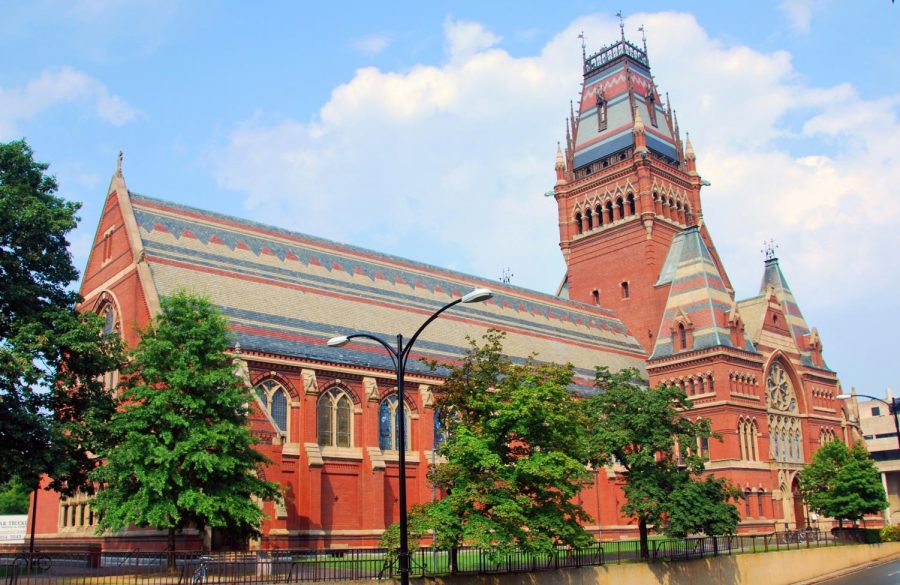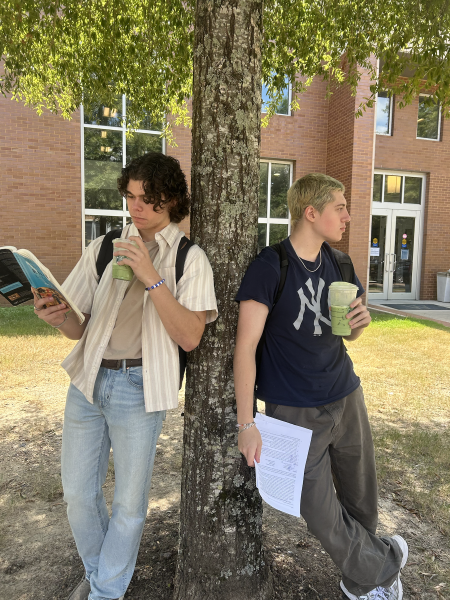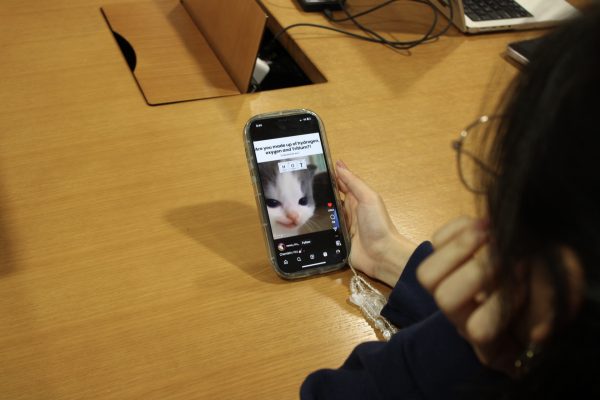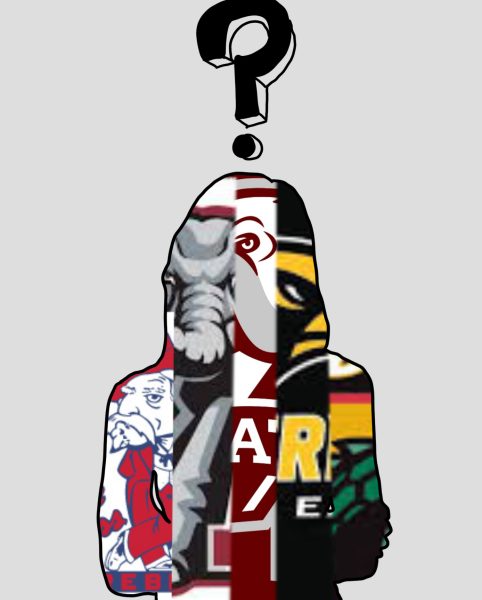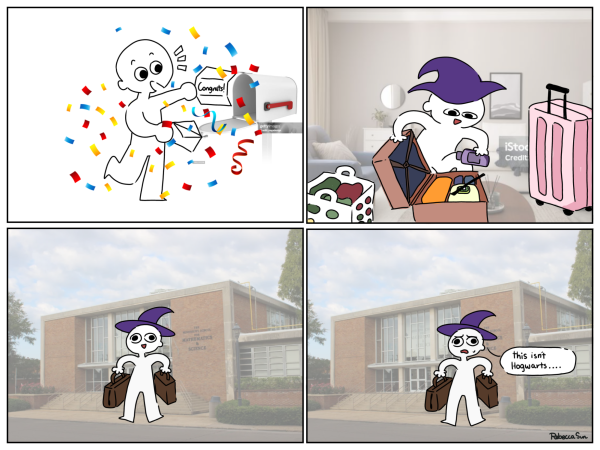Kotikalapudi: Affirmative action or racist action affirmed?
chensiyuan [CC BY-SA 4.0], via Wikimedia Commons
Harvard University was recently found not guilty for allegations of racial prejudice in their admissions process.
You are at the state championships for cross country and in first place with a kilometer to go before the finish line. You have prepared for this race for four years–putting in the miles, eating the right food, running through that hamstring pain that your physical therapist said was “definitely” a tear. All of that led up to this moment, and right as you turn the corner and see the finish line, you hear someone speeding up from behind. It’s disappointing, but you gave it all you got. The other runner must have put in more miles, eaten better food and run through more injuries. However, when he goes past you and crosses the finish line…. he’s on a bike.
To most people, this would seem unfair; you would’ve won because of your hard work, but the other guy won because he got to use a bike. This is a lot like the affirmative action system in many colleges today. This system puts historically oppressed people, in almost all cases a minority group, at a higher step on the admissions ladder and leaves more qualified individuals behind. In addition to this, in most cases, it doesn’t even fulfill its goal of getting more people past college.
Recently, Harvard University was found not guilty by federal judge Allison D. Burroughs over the allegations of racial prejudice in their admissions process pressed against them by the Students for Fair Admissions. This ruling is very dangerous because it sets a precedent for other universities to use this inherently racist system to skew their admissions.
Now don’t get me wrong, I’m all for diversity. I know for a fact that if the whole world were made out of clones of me, the only advances in technology would be in iPhone games. However, race should not have the impact on an application as it does today. America is built on the foundation of individualism. Why shouldn’t the application to a university be based on hard work and dedication? Why should a certain minority top a different, so-called “uncultured,” one? Why can’t everyone have a fair shot to show off who they are?
This system would be more palatable to me if it actually accomplished what it set out to do. However, a 2005 study about the effects of affirmative action programs at the University of California at San Diego (UCSD) by Heather Rose shows how, on average, students admitted by affirmative action do worse at school.
“These students earned grade point averages 0.30 points lower than those of non-affirmative students. The difference in graduation rates is larger, with 57% of affirmative action students graduating compared to 73% of their non-affirmative action peers,” Rose states.
As you can see, the discrepancy between the academic success of the affirmative action students and the non-affirmative students is definitely significant. In addition, these numbers are probably on the low end of the discrepancy in the nation due to the fact that this study was only conducted at the UCSD, a university with an acceptance rate three times higher than most prestigious schools. If the end goal of affirmative action is to get certain groups a college education they wouldn’t normally be able to get, the focus should be on graduation, not reputation.
The concept of affirmative action is noble, but a wrong can not right another wrong, and a racist action will not fix another racist action. A person can make a 36 on the ACT, a 1600 on the SAT, do social work and be the president of many clubs, but unless the people on bikes start using their feet, the race will never be fair.
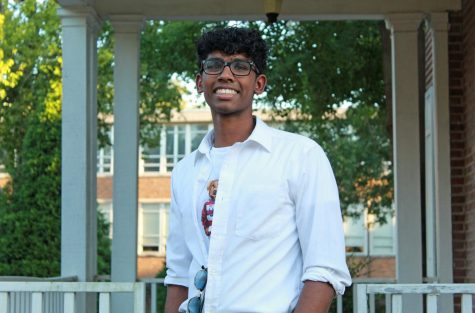
Tejus is a senior from Hattiesburg, Mississippi who hopes to study medicine in the future. Current past times include grinding on the tennis court, watching...

